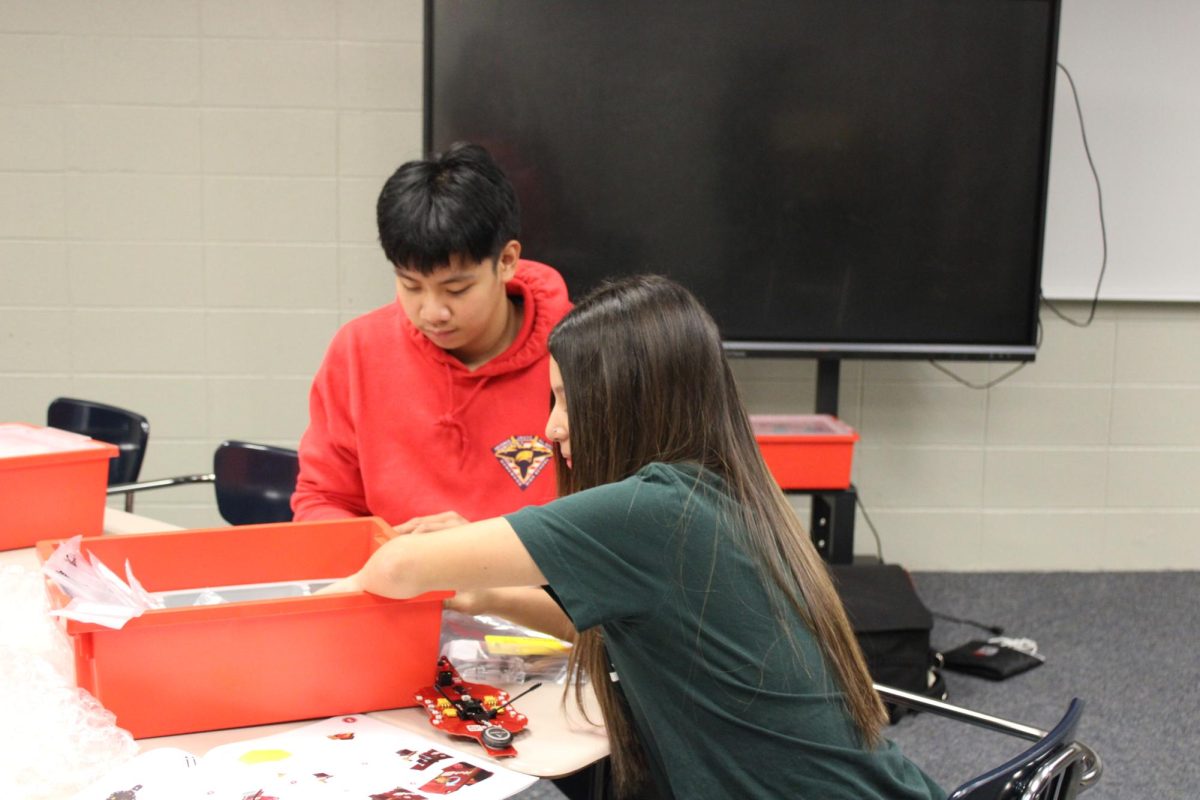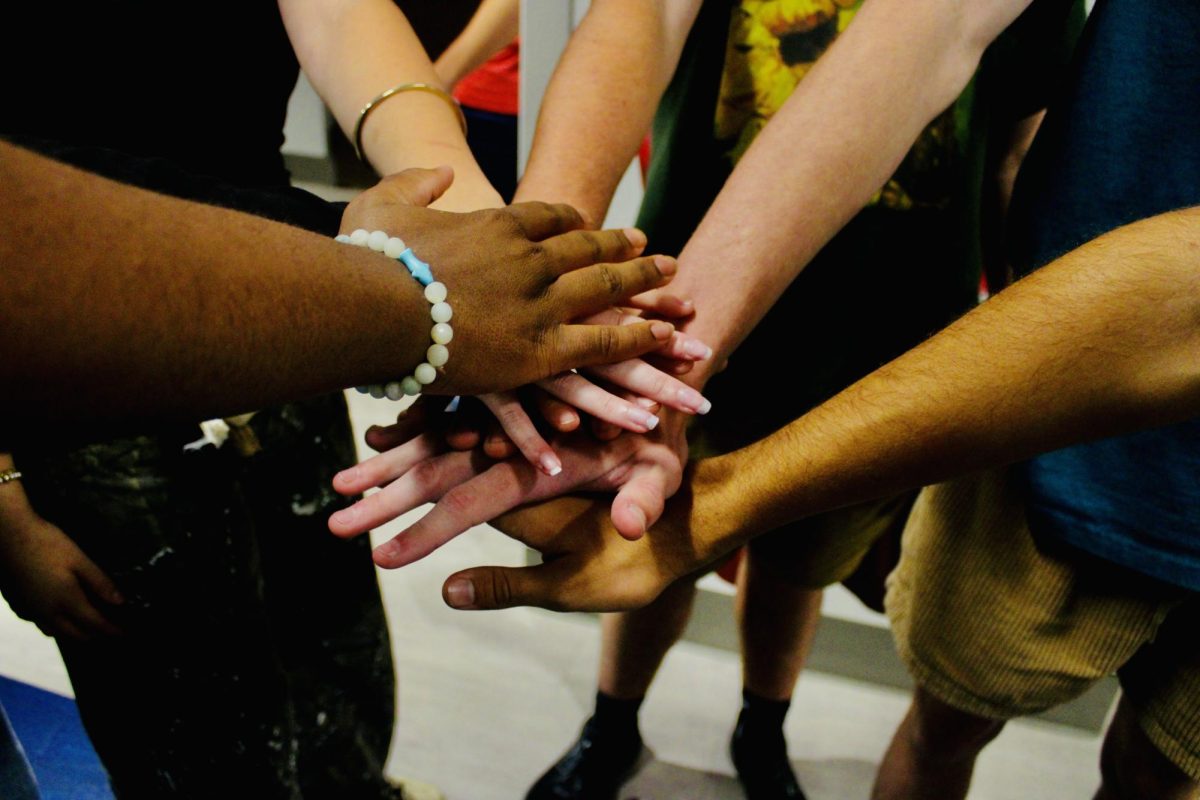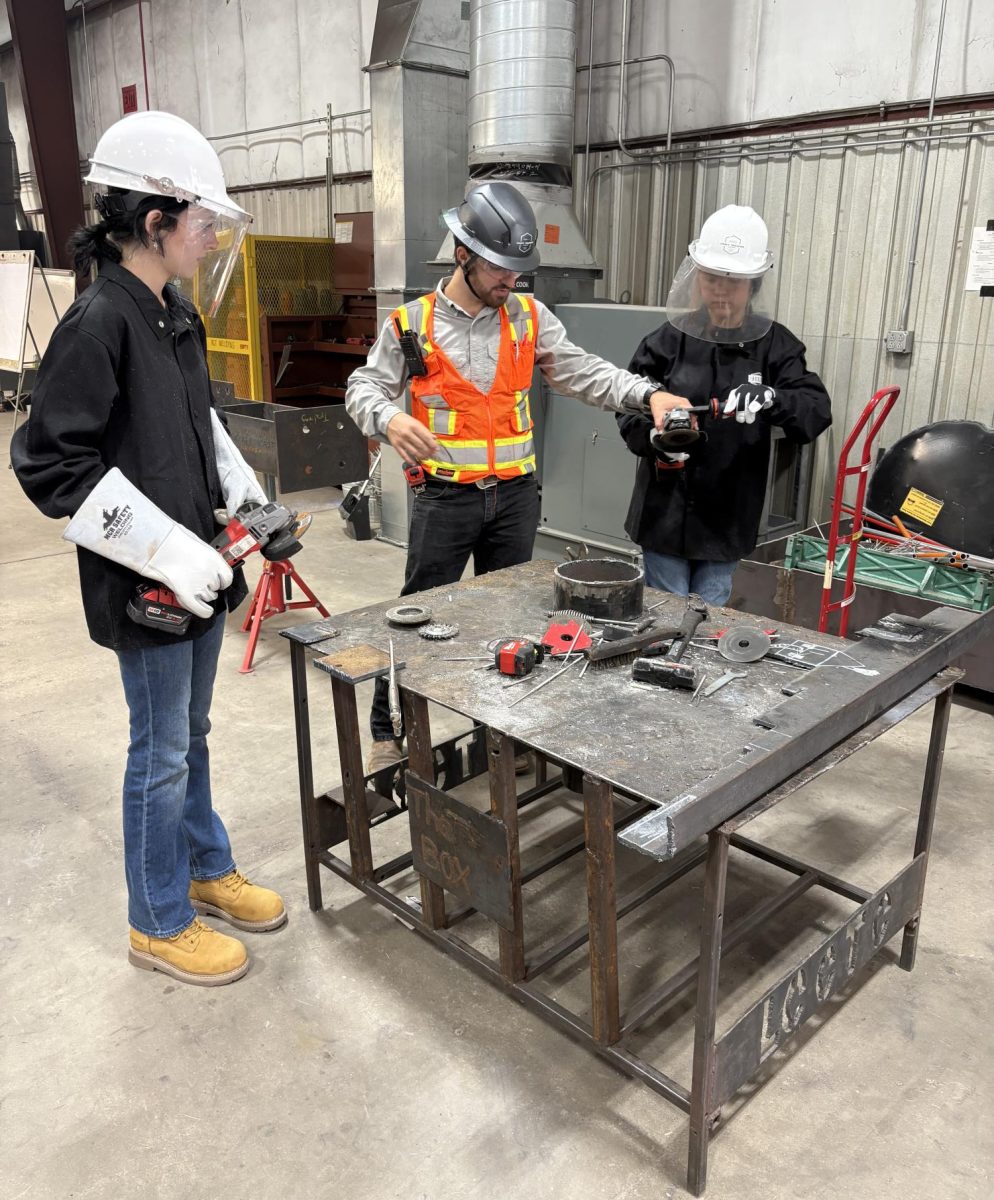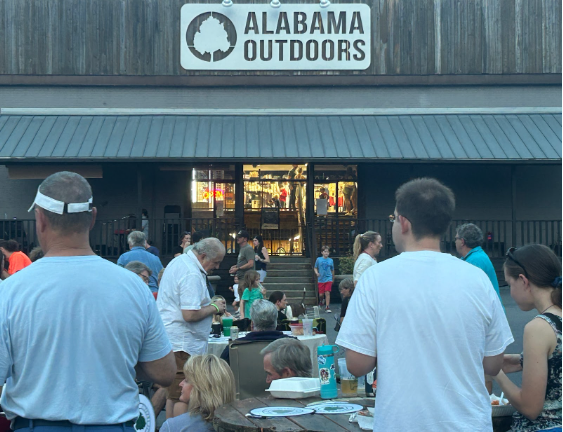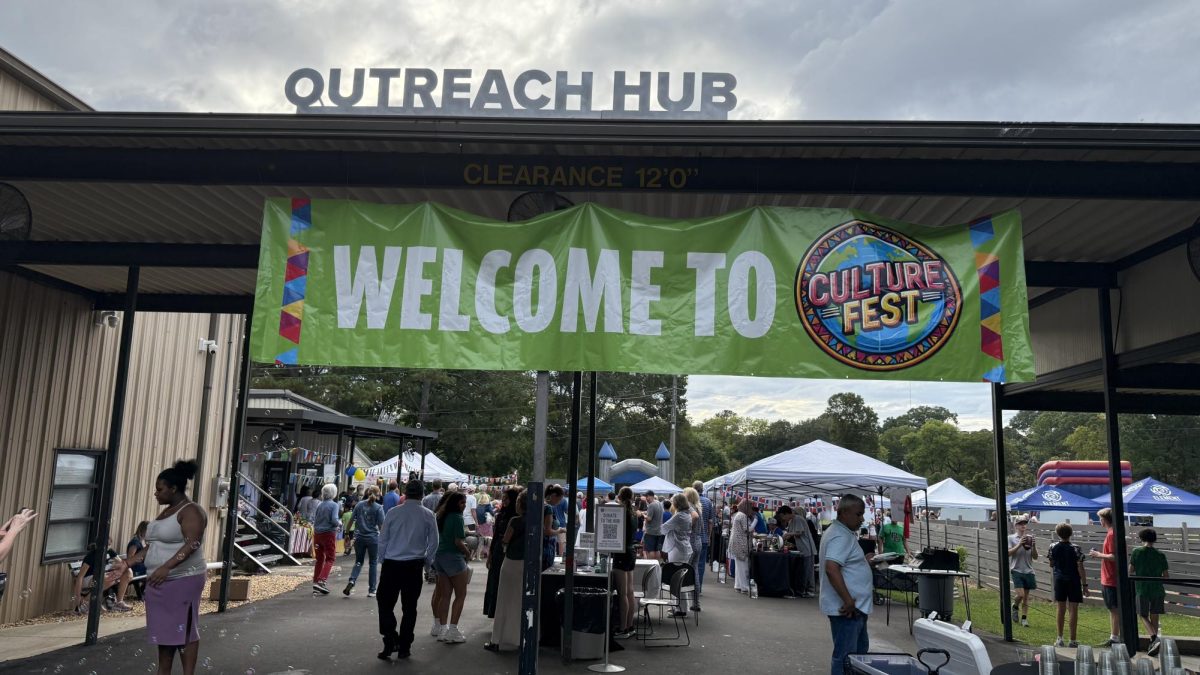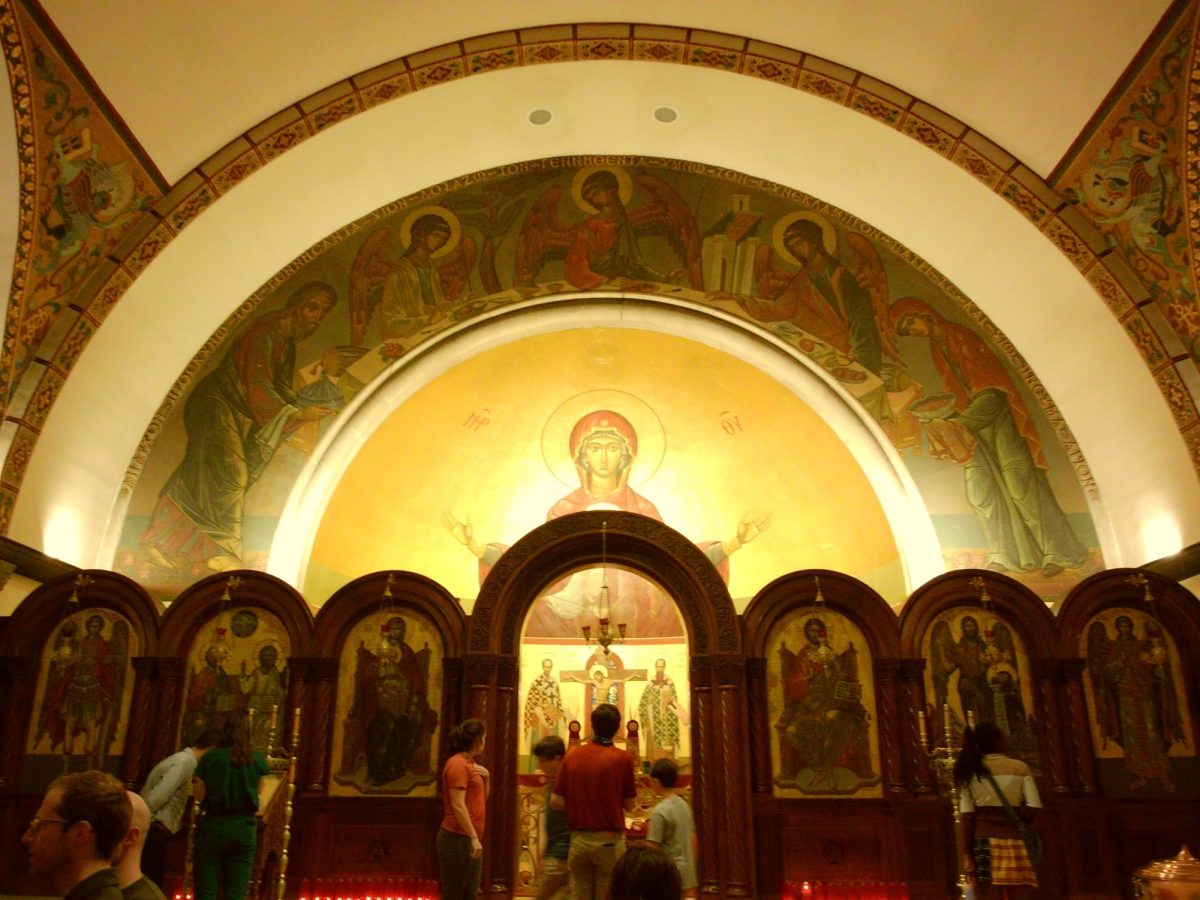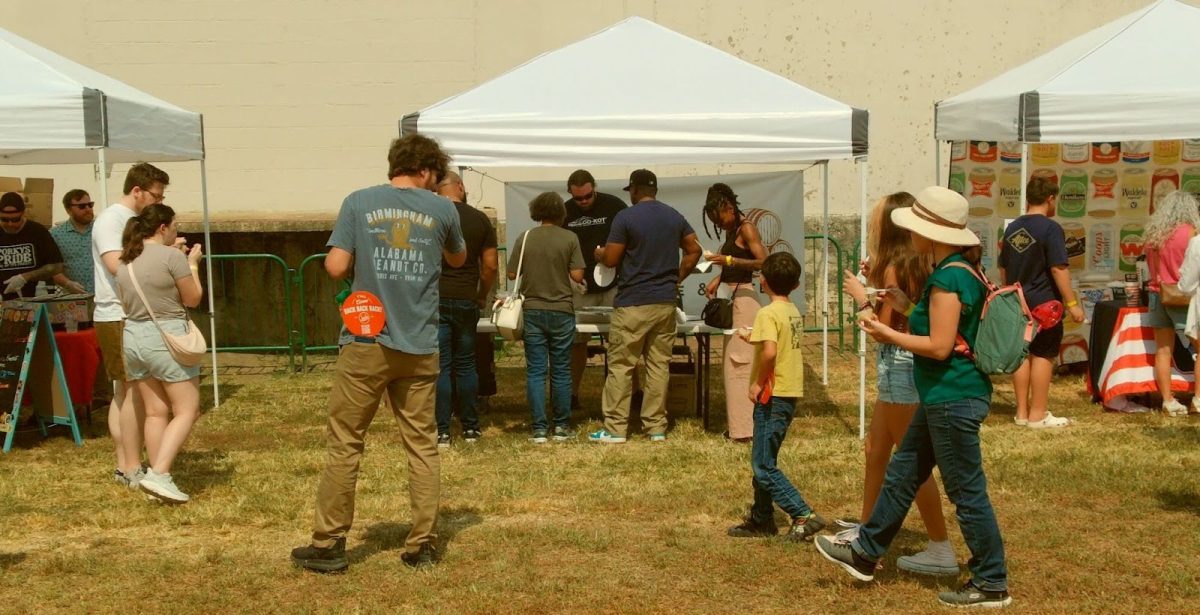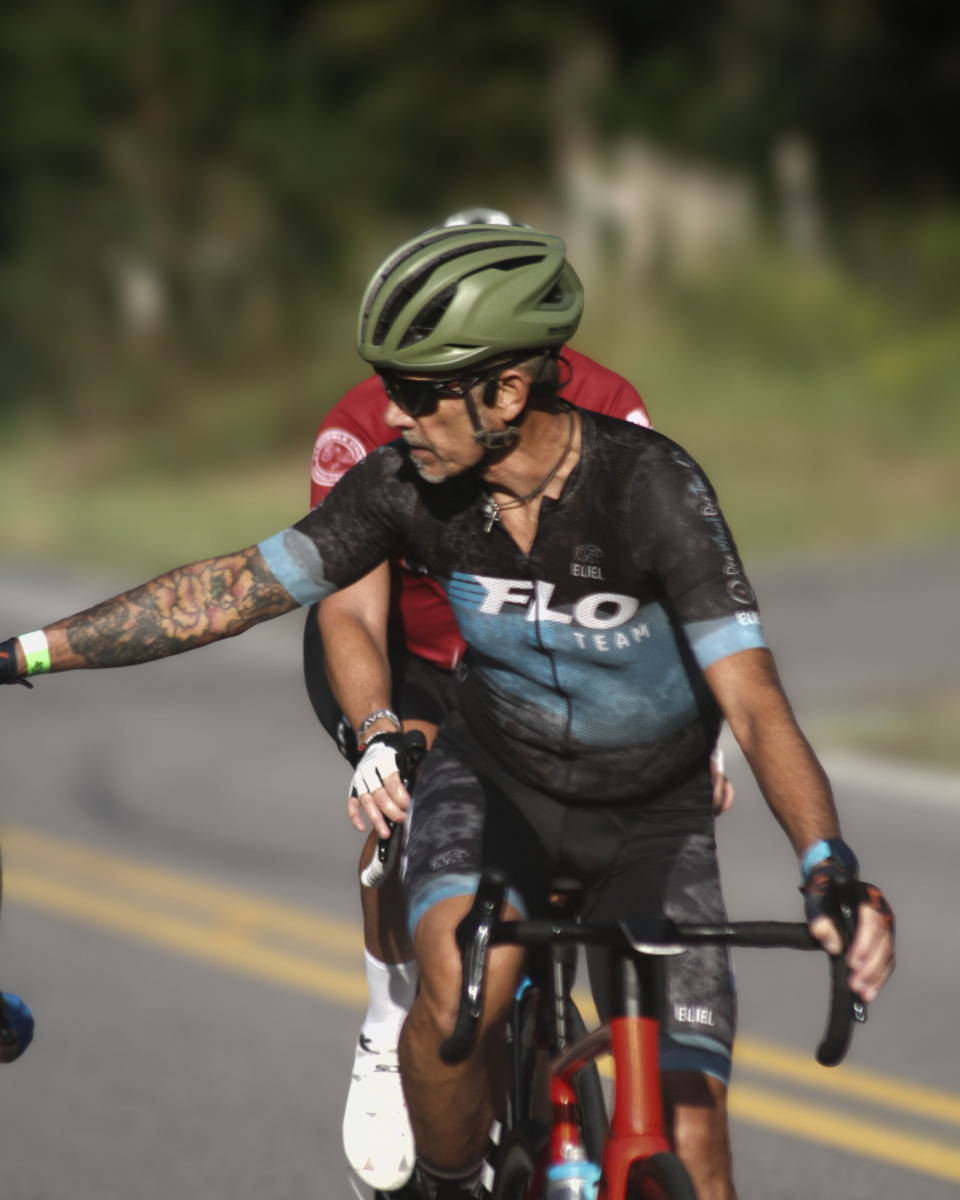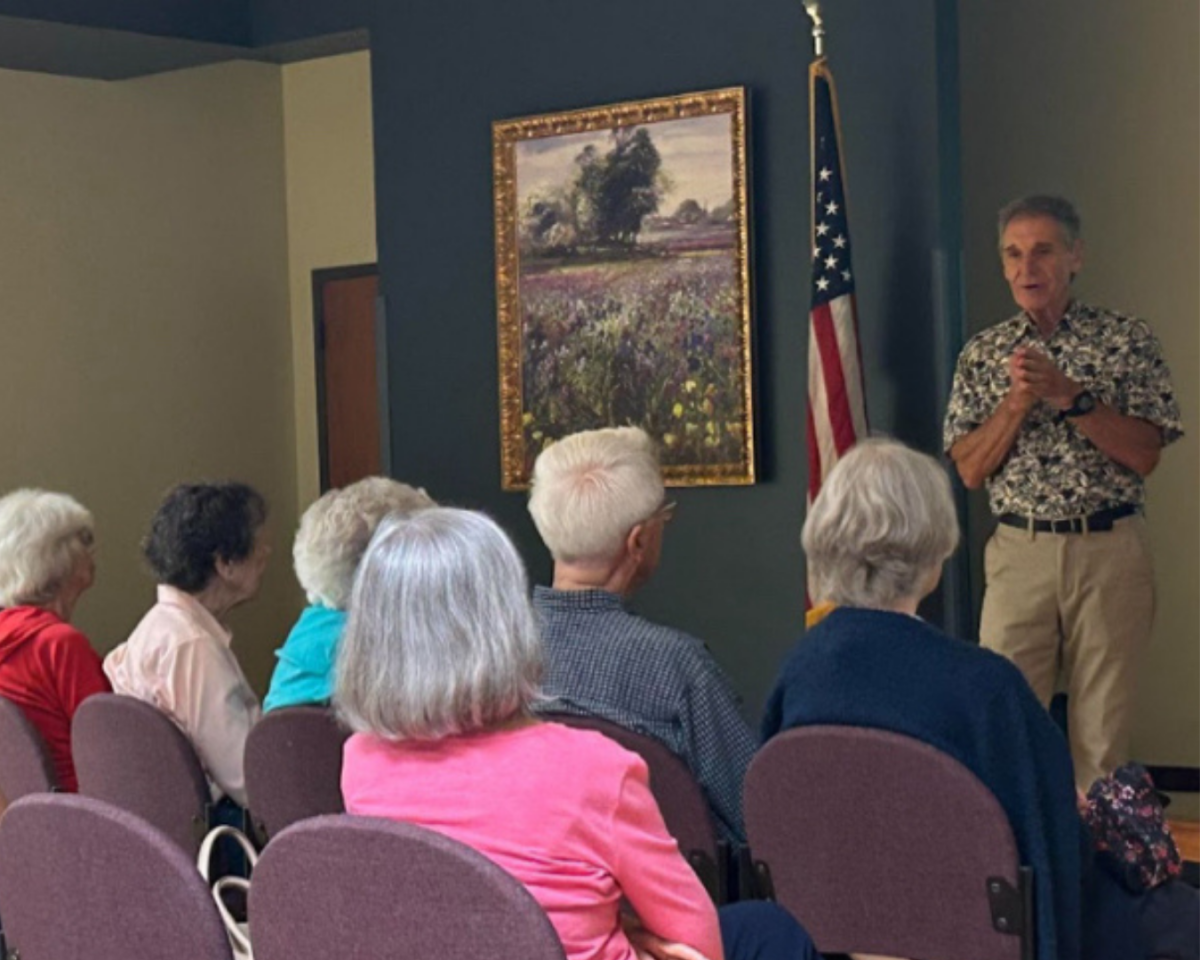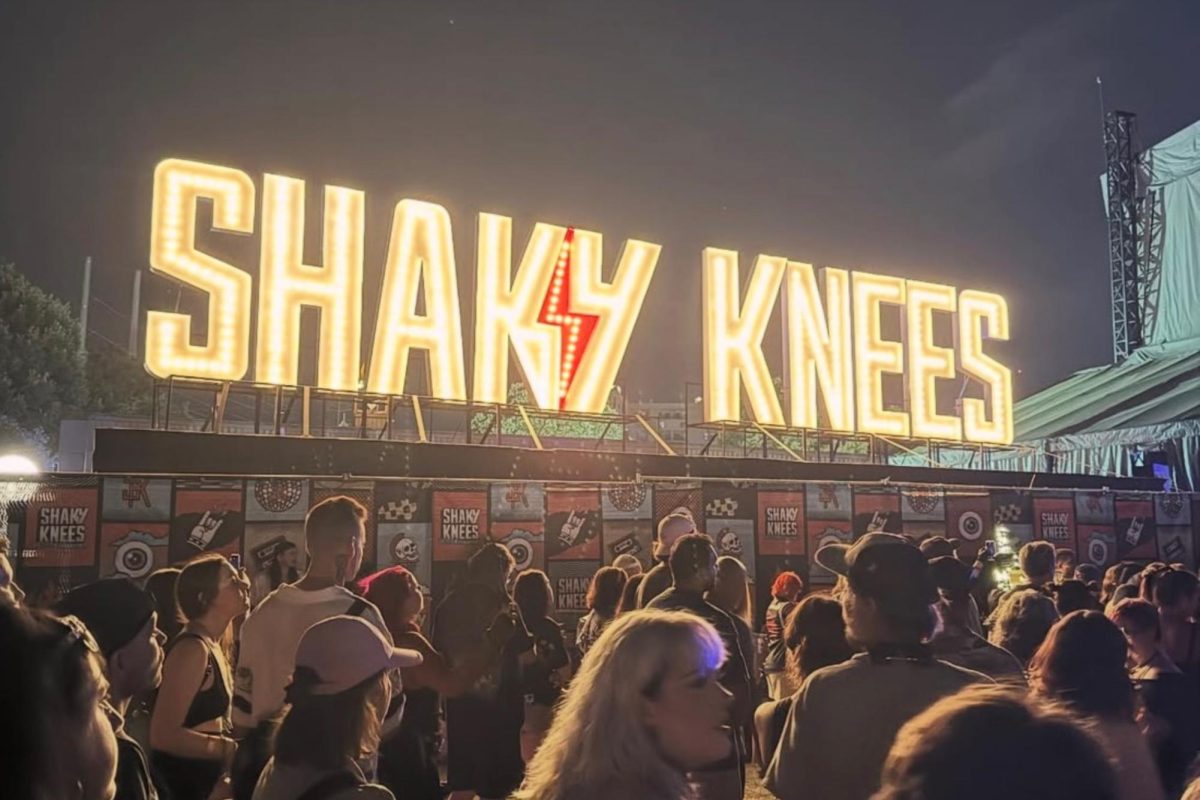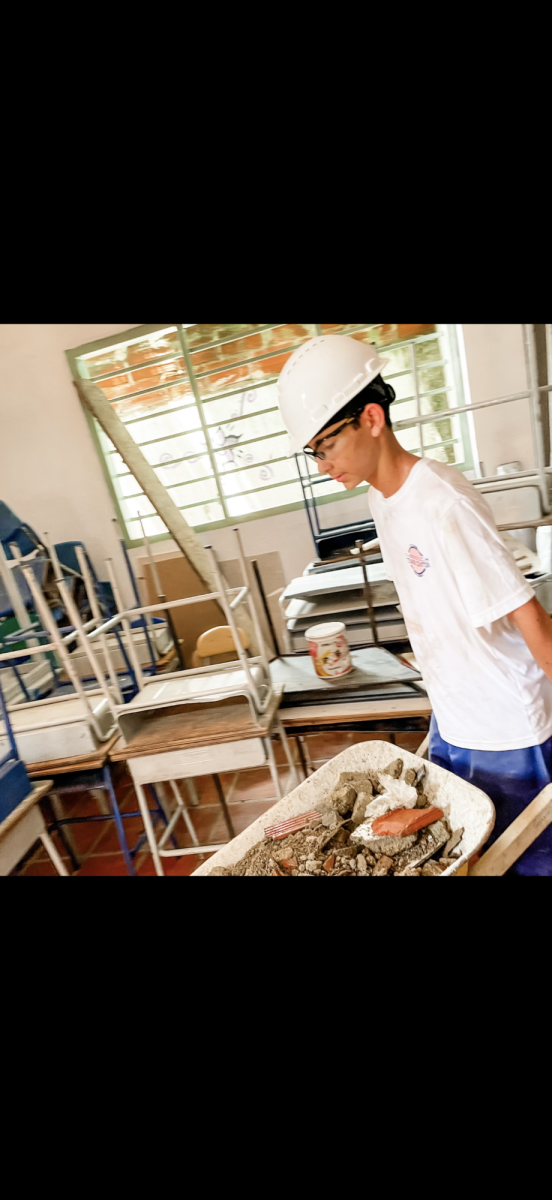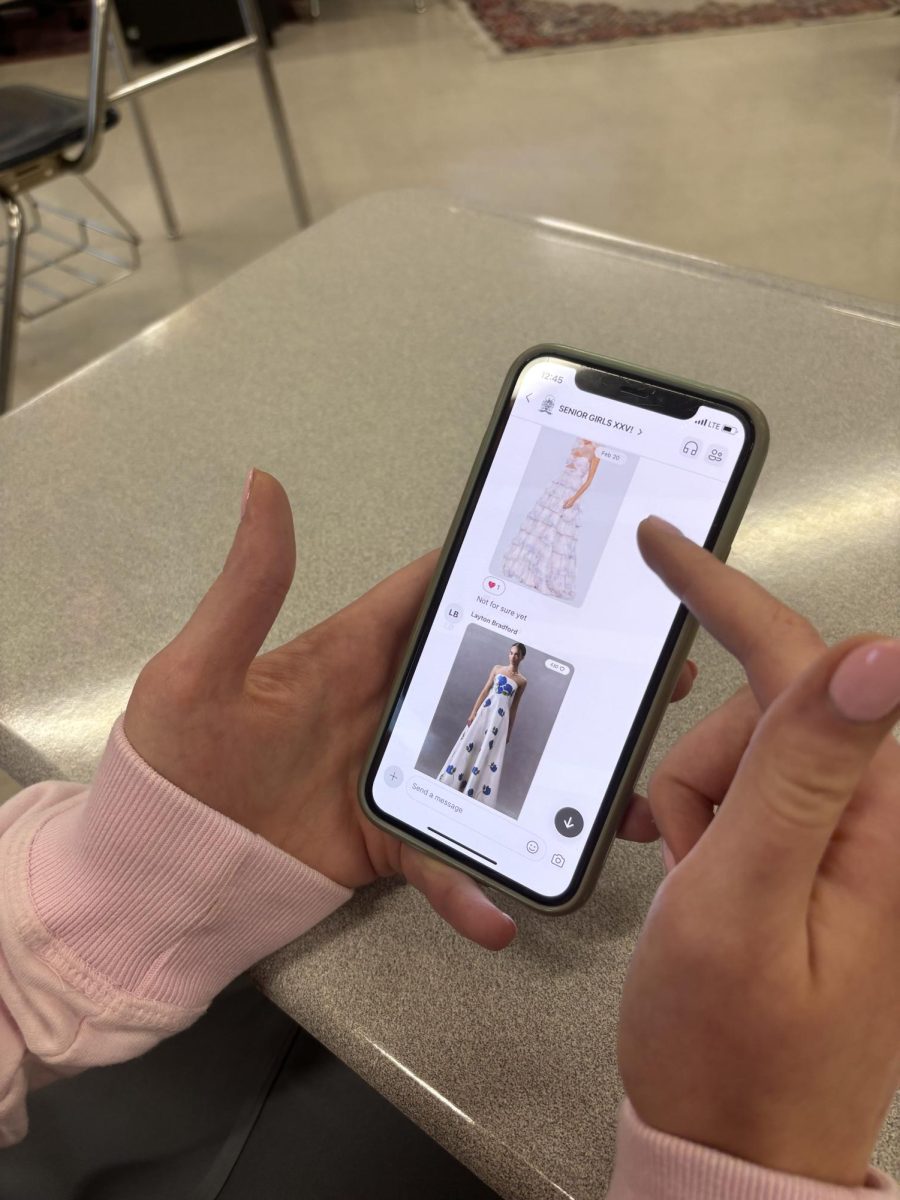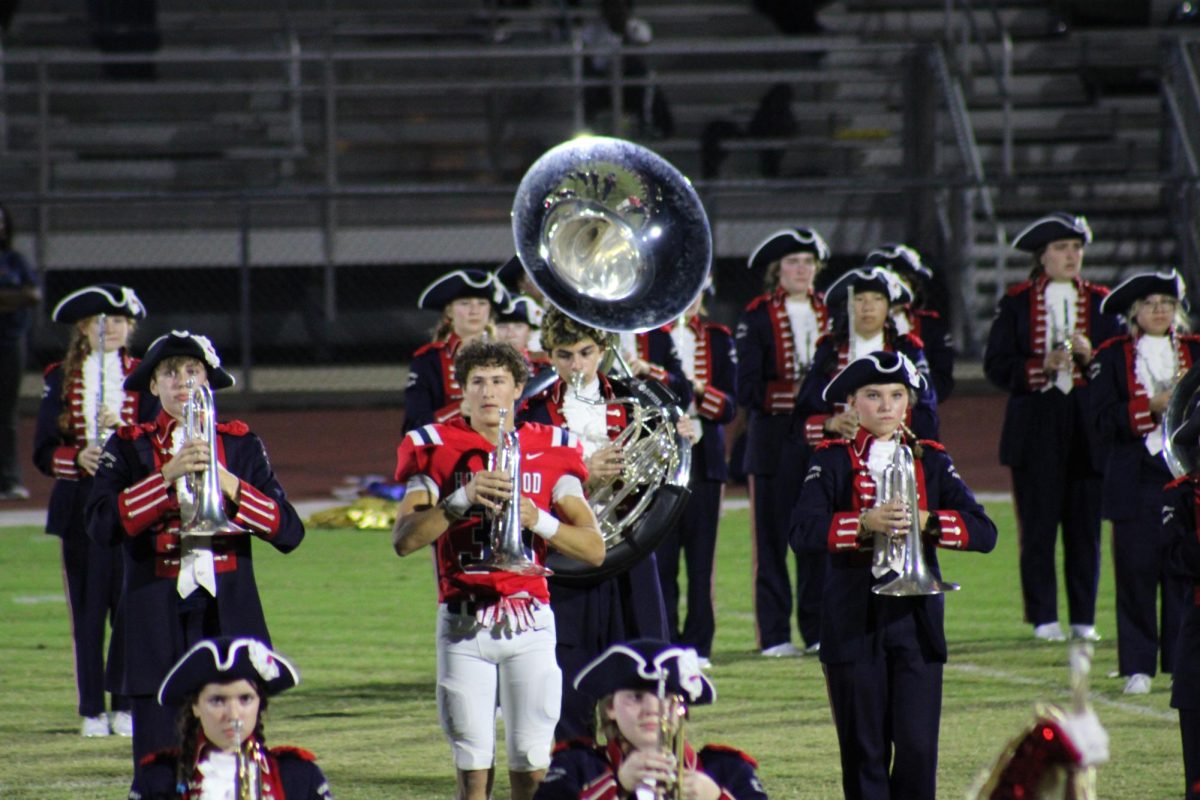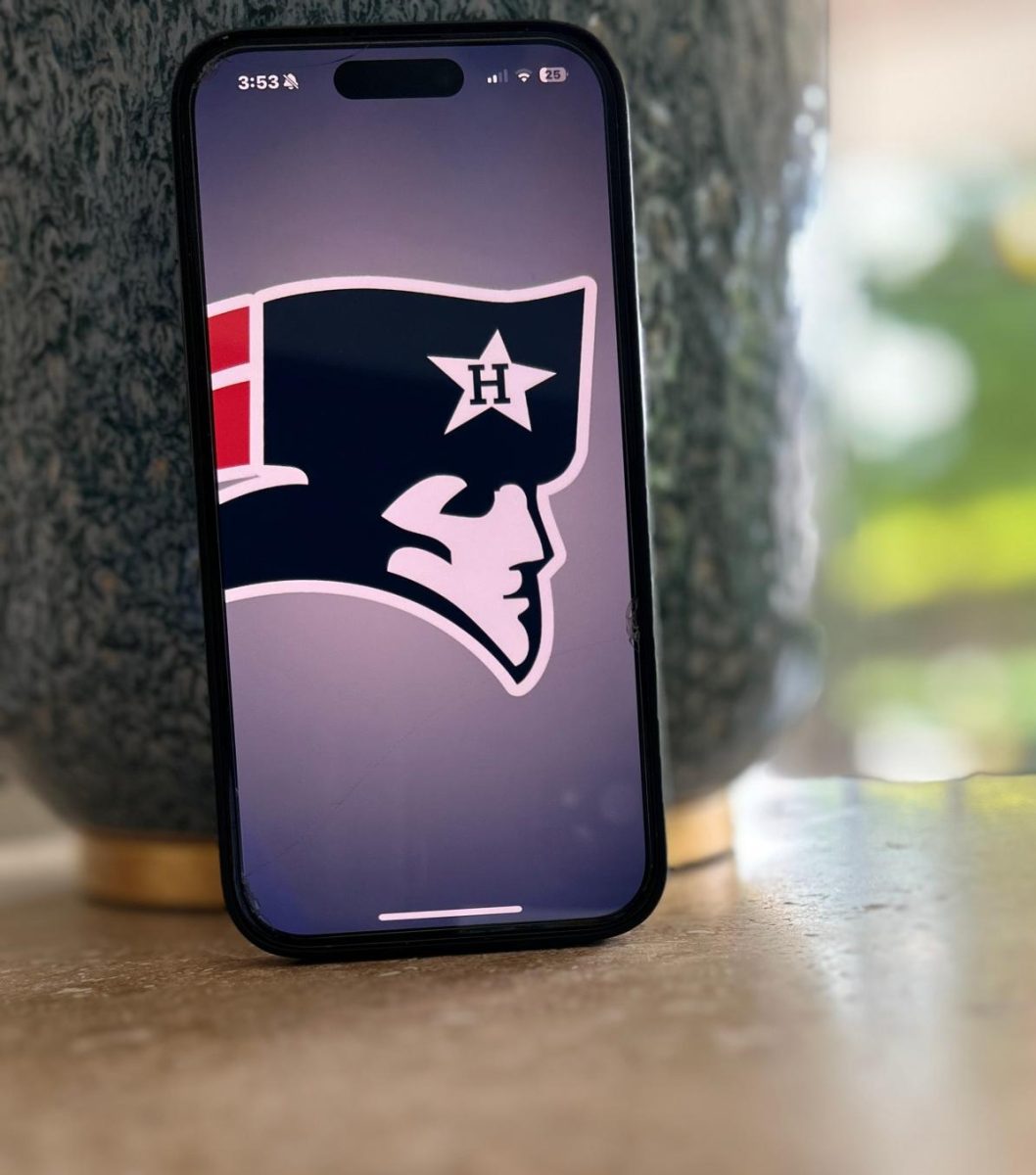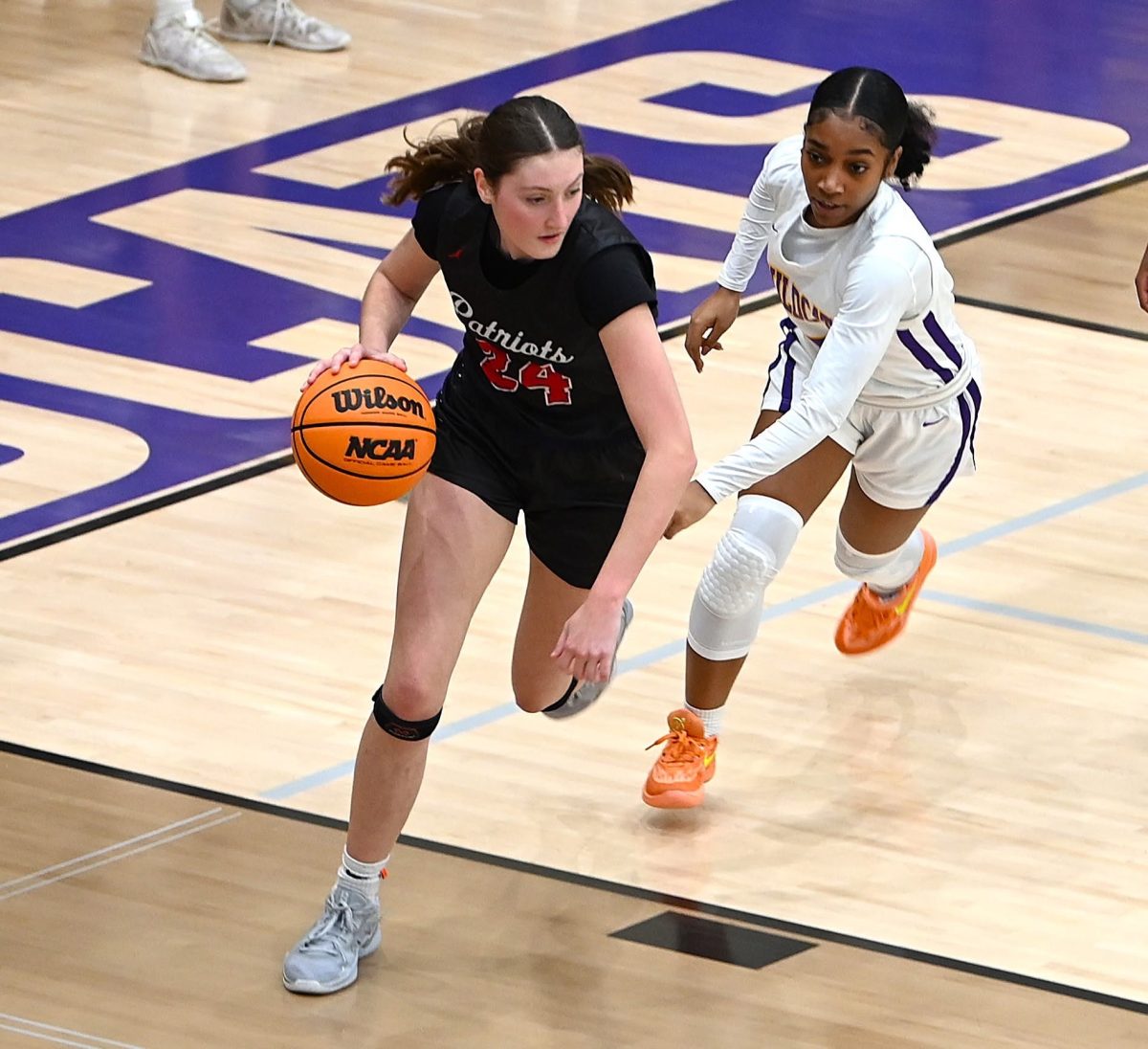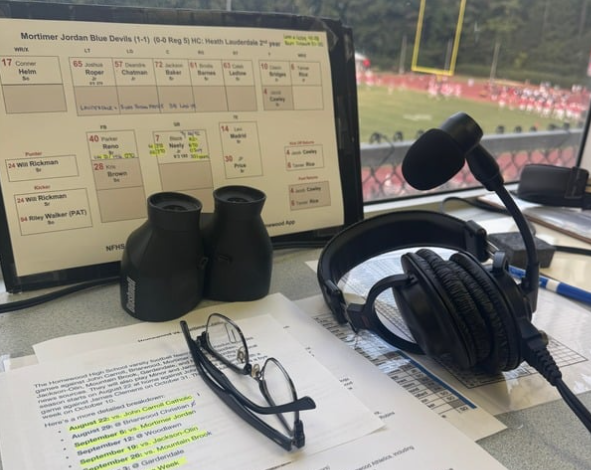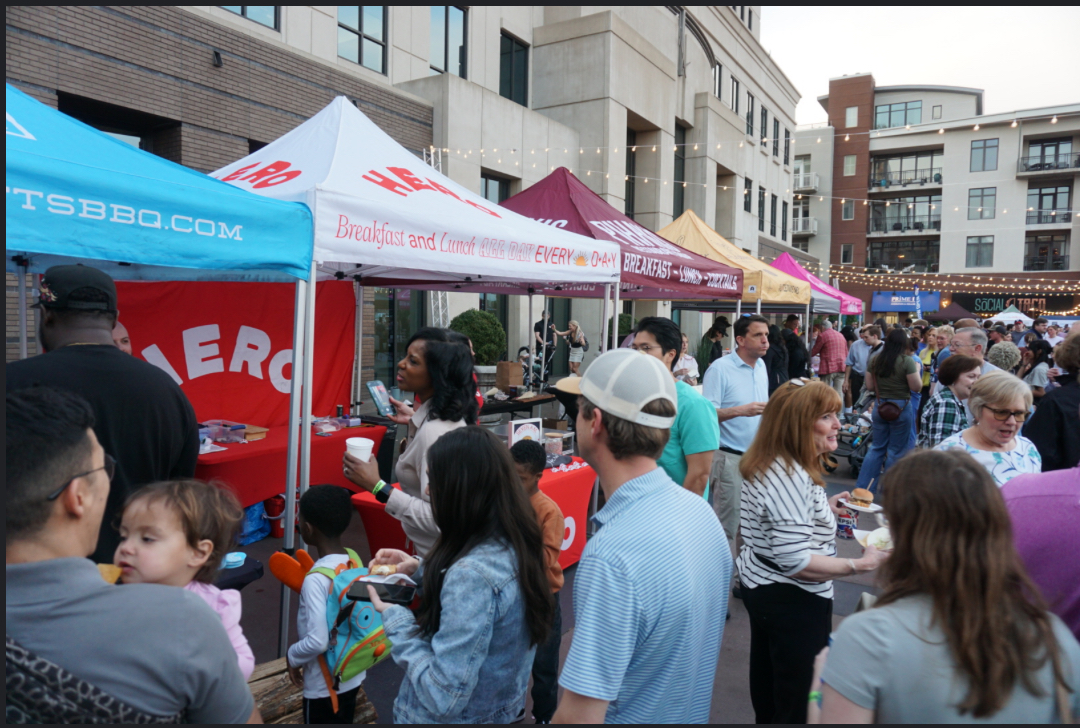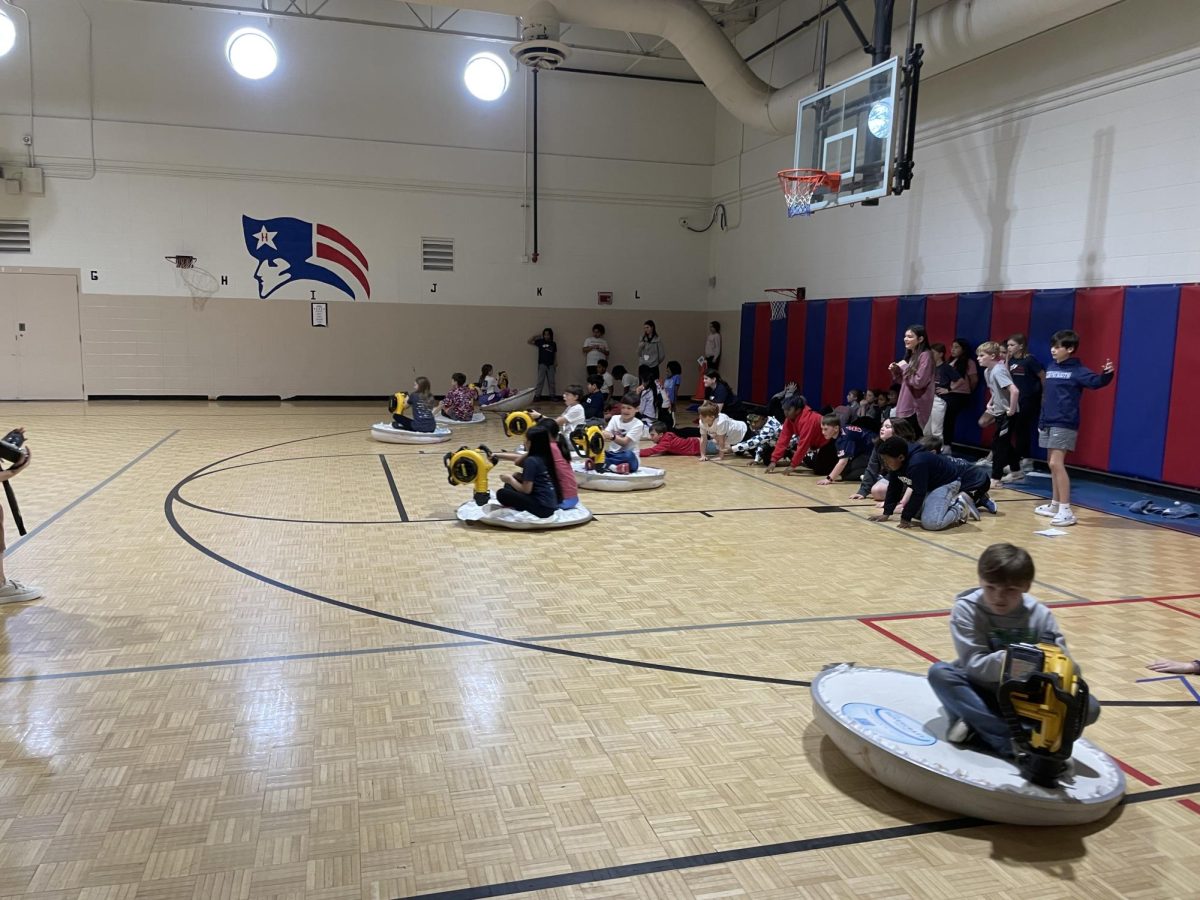Holy Trinity-Holy Cross Greek Orthodox Cathedral invited the Birmingham community to partake in their 52nd Annual Greek Festival Oct. 2-4.
This ongoing festival for five generations continues to celebrate Greek culture and tradition. The festival is a family friendly event, and hopes for all to enjoy the atmosphere, including the cathedral, bookstore, dancing, food and music.
Elaine Lyda, the festival’s public relations manager who handles social media and marketing, summarized the weekend as a way to share with the city many aspects of Greek culture.
“It’s about giving the city of Birmingham a taste of Greek culture—the fun, the faith, the fellowship—and it’s a fundraising event,” Lyda said. “Over the 52 years we raised $3 million, and we’ve served over 35,000 people in three days in drive through and then dine in.”
Freshman Sullivan Riley attends the church and echoed Lyda’s thoughts on the festival.
“It’s to celebrate Greek culture and the food and the dancing, and to get a whole lot of people involved,” Riley said.
The Lydas family started the Birmingham chapter of the Philoptochos Society, a Greek women’s organization contributing significantly to the growth of the Greek Festival.
“It started on one level of the floor of our church building with our mamas and our yayas,” Lyda said. “It started as a bazaar, very small, and over the years it’s just grown… and then we keep growing, and now it’s become a street festival.”
Holy Trinity Holy Cross Orthodox is Alabama’s third oldest Greek Orthodox parish, known for its vibrant community and festival.
Lyda said the church’s cathedral is one of the oldest in the Southeast at more than 100 years old. However, the Greek Orthodox is one of the oldest faiths in the world, it’s over 2 thousand years old, and “We believe in Jesus, the son of God, the Trinity, so it’s a Christian based faith.”
Proceeds from the event go to various charities or the church.
“Every year, we pick three charities, so this year the charities were First Light, Firehouse Miniatures and Urban Mystery,” Lyda said.
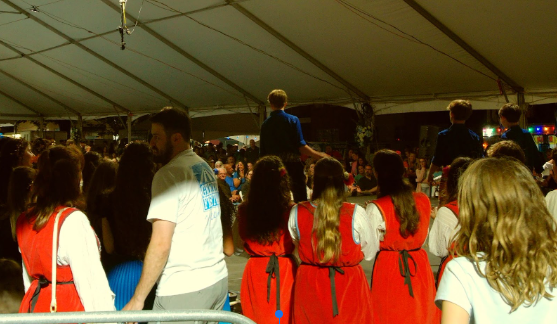
In addition to services, the dancers perform various Greek dances in front of massive audiences, having props to display a certain story, accompanying roaring Greek live music.
“Each dance has a story behind it,” Lyda said. “Like this story we’re watching now is about a man full of life and he’s happy, then he gets old, and he can’t move well anymore…And so he’s starting to limp and he’s like, oh I’m old I’m hurting, then he gets the sound of the Greek music in his heart, and gets really excited, and starts dancing.”
Nick Trivelas and the Aegean band accompanies the traditional dances. The Greek musical instrument they play is called Bouzouki.
“It’s called the Nick Trivelas band, and they travel the world, they go to Greece, they go all over America, and it’s a family band actually,” Lyda said. “He plays a musical instrument called the Bouzouki. It’s a Greek musical instrument, like a guitar, and banjo, a beautiful instrument.”
Each dancer starts dancing from kindergarten, making lasting friendships throughout.
“These kids have been dancing since they were five so they just kind of get immune to [the nervousness of performing], and you make best friends.” Lyda said. “These girls would have never known each other if they didn’t do Greek dancing together.”
They are able to perform almost flawlessly each time, due to the diligent practice the church has to offer each week.
“Every Sunday after church they have Greek practice,” Lyda said. “So they go to church at 9:30 a.m. then after church they have Sunday school till like 11 a.m., then from 11 a.m. to 1 p.m. they practice Greek dances.”
When the dancers reach the age of 18, some opt to take a break from dancing and go to college. When they come back, they are given different positions to help out at the festival.
“We danced till we were 18, and when we graduated from high school, we took a break, go off to college,” Lyda said. “When they come back, we say, ‘Here’s your responsibility’ and so I got my marketing position. Everybody has a position.”
The Greek festival is able to continue running through the help of volunteers, and sponsors.
“This year we were very blessed and had over 15 sponsors,” Lydia said. “We got different chairpeople in charge of every department.”
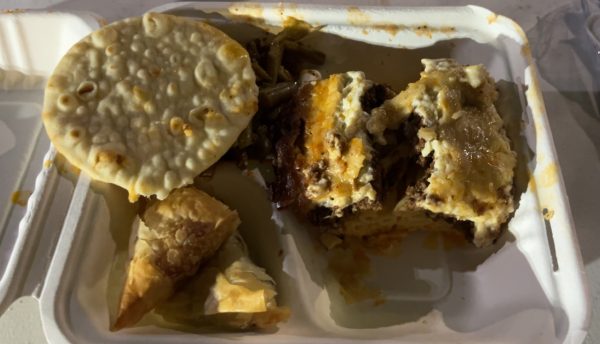
(Sullivan Riley)
Around 400 volunteers prepare months in advance for their roles.
“It’s all volunteer work,” Lyda said.“We start months in advance, we prepare the dishes, the pastries, the food… It’s a year of planning, we start the day after the festival.”
The recipes are handed down, and cooked by volunteers and chefs.
“The recipes have been handed down for generations.” Lyda said. “So when you go to Greece this is exactly what you’ll be tasting.”
The week after the festival ends, new volunteers immediately plan to help organize the next annual festival.
“The Sunday after the festival, we have new parishioners that come to visit from the festival,” Lyda said. “I’m very thankful to share our faith,”
The cathedral is open to all. Volunteers offer free tours and information about the architecture and history of the Greek Orthodox faith and people.
“We are doing self guided tours, free tours, and we got parishioners on hand to answer questions,” Lyda said.
The Byzantine style cathedral is made up of bricks and stone masonry, with decorative patterns such as arches.
“It’s a beautiful church,” Lyda said. “It’s a very Byzantine architecture, so you need to go inside and see the beauty out.”
The Birmingham Greek Festival can be a new experience, offering vast entertainment options and insights into Greek heritage, for free.
“The mission is really to share our Greek culture, our faith,” Lyda said. “We have self guided towards our church, so it’s free.”

